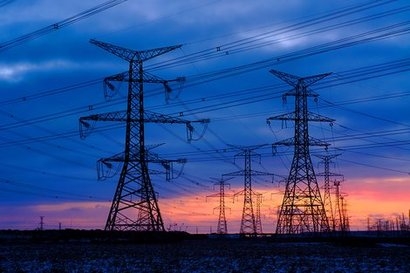
Demand response is key to the maintenance of a reliable and sustainable energy supply over forthcoming years, allowing consumers to adjust their electricity use according to current demand and generation and giving power systems with high levels of renewable sources more flexibility to continuously meet demand. The EU draft directive aims to stimulate the adoption of demand response by defining a framework for a new player in the electricity value chain: the aggregator, who combines customer loads and generated electricity for trading on the energy market.
The study commissioned by EURELCTRIC analyses the directive’s proposed model for independent aggregators. In its current form, the directive rules out financial compensation to energy stakeholders for economic disadvantages caused by freeriding actions of aggregators. The analysis shows that this model could limit the economic effectiveness of demand response. Moreover, the study assesses the strengths and weaknesses of alternative compensation models, and finds that many alternatives have significant benefits over the EU’s “no compensation only” proposal.
“The EU is right to encourage the establishment of independent aggregators to enable more people to benefit from demand response” said Andreas Schröter, Executive Vice President Central Europe and Mediterranean at DNV GL. “Yet by disadvantaging players affected by aggregator-triggered demand response actions, the draft directive effectively makes it possible for aggregators to get a free ride at the expense of others. This could mean consumers are faced with higher tariffs for demand response, limiting its attractiveness and uptake.”
DNV GL enables organisations to advance the safety and sustainability of their business by providing classification and technical assurance along with software and independent expert advisory services to the maritime, oil & gas and energy industries, including renewables and energy efficiency. The company also provides certification services to customers across a wide range of industries. It operates in more than 100 countries with expertise covering onshore and offshore wind power, solar, conventional generation, transmission and distribution, smart grids, and sustainable energy use, as well as energy markets and regulations.
For additional information:

